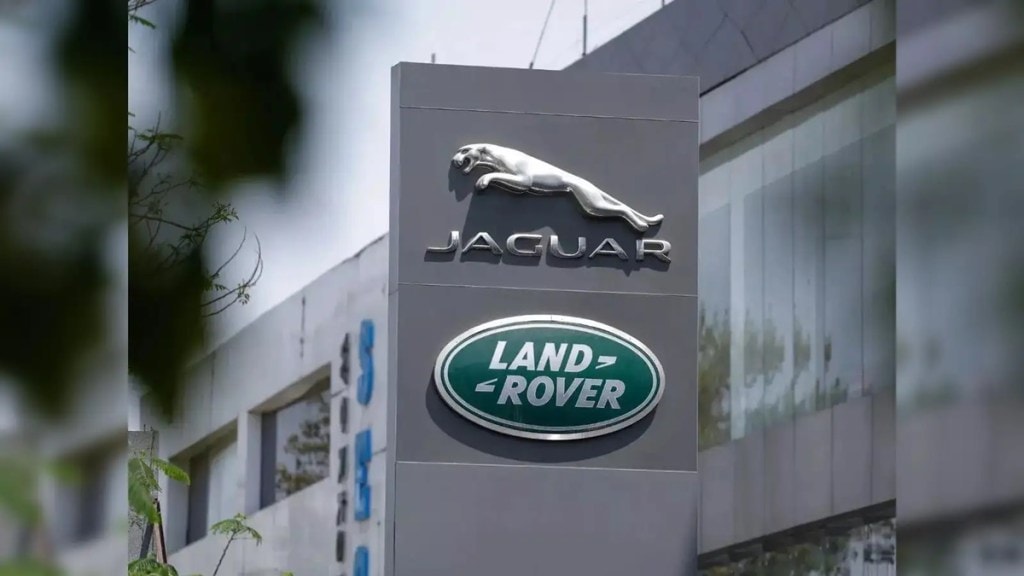The make in the US push by president Donald Trump has failed to generate interest in the business plans of Tata Motors-owned Jaguar Land Rover though both the luxury auto brands are preparing to mitigate the impact of the tariff hike.
PB Balaji, group chief financial officer, Tata Motors said, that despite the net hike in tariff of 7.5% on cars exported to the US from the UK, there are no plans of setting up a factory in the US.
“We need to be careful that we do not over extend ourselves. We also need to ensure that whatever is done, is done for the long term and not just for the reactive mechanism for what it is today,” Balaji told reporters.
Three months ago, the US slapped an import tariff of 25% on automotive products. This was a big negative for JLR since the US is its biggest market globally.
However, with both the UK and the US agreeing on a trade agreement a few weeks ago which brings down the tariff to 10%, it is still higher than the original 2.5% resulting in a net impact of 7.5%.
The US is the single-largest market for the two owned British luxury brands clocking around 100,000 units in sales last year, which is one-fourth of the total sales volumes done by it in FY25.
“The overall impact of the US tariff will be 1.6 billion pound but JLR has taken lot of steps, through which they will be able to reduce the impact to 600 million pound ,” N Chandrasekaran, chairman, Tata Motors, said at the AGM of Tata Motors recently.
Balaji also mentioned that the upcoming plant of Tata Motors near Chennai will start assembling JLR cars from next year. The present vehicle assembly operations carried out at its Pune plant, could get migrated to the Chennai plant at a later stage.
“Currently we are going to do CKD (completely knocked down) operation there. With the UK treaty in place this will become more relevant for the newer products that are going to come. We can test volumes faster and decide if we want to localise or not,” Balaji added.
The Chennai plant will also be used by Tata Motors passenger vehicles. The present average utilisation per plant, for the entity which is 70%, is expected to go up significantly with the launch of several new products planned till FY30.
“The Chennai plant will start from early next year and thereafter what else gets localised there needs to be looked into. We are doing CKD in Pune. Over a period of time we will probably migrate (to Chennai). Tata Motors will also require capacity as volumes ramp up there also,” Balaji added.
